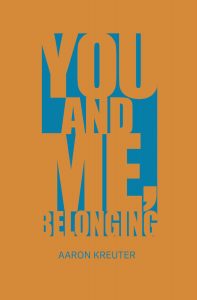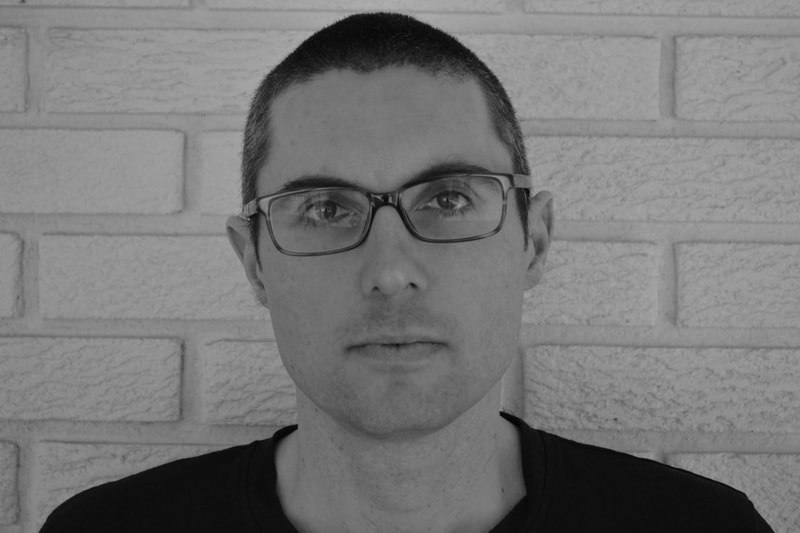Aaron Kreuter's You and Me, BelongingReviewed by Aaron Schneider
|
|
I read the stories in Aaron Kreuter’s debut collection of short fiction, You and Me, Belonging, quickly, pulled forward by the momentum of often-peripatetic protagonists whose restlessness carries the narratives towards their conclusions, but, since finishing the book, I have found myself regularly returning to it to think about the satisfyingly complex hearts of its stories. At their core, the six stories and closing novella are, as the title of the book suggests, about belonging, but about belonging in the fullness of its meaning—existential, communal, cultural, historical, social, and always, as the title likewise suggests, although somewhat more obliquely, mediated by intimate personal connections.
In “Ninety-Nine,” one of the collection’s standout stories, Orly, the narrator, struggles with the decision to circumcise her soon-to-be-born son. As she wrestles with “something so huge, so benign, the whole weight of Jewish history imploring us to just get on with it,” she turns to the memory of her childhood friend Marni. She and Marni shared their “first cigarettes. [Their] first vodka shots. [Their] first hangovers,” but, after their Birthright trip to Israel, Marni became steadily more conservative, growing away from Orly, marrying an Orthodox man and moving to New York. At first, Marni calls at least once a year, between Rosh Hashanah and Yom Kippur to apologize for any wrongs she has committed. But, by the time Orly is pregnant, even these calls have ceased. Orly’s childhood friend is lost to her, and that loss becomes the frame through which she grapples with the weight of “Jewish history” and the decision she will soon have to make. The story ends on a complex, mournful and deeply personal note: |


